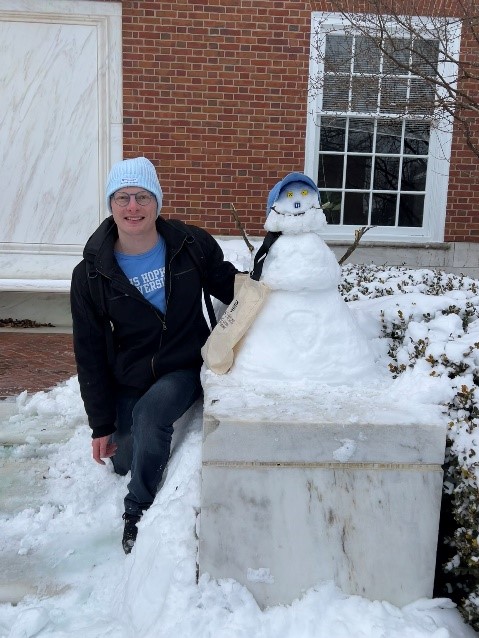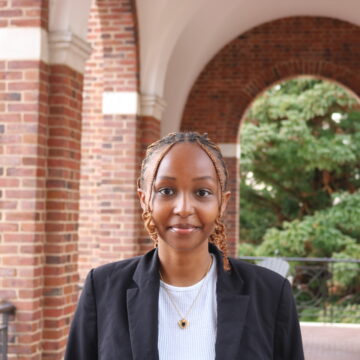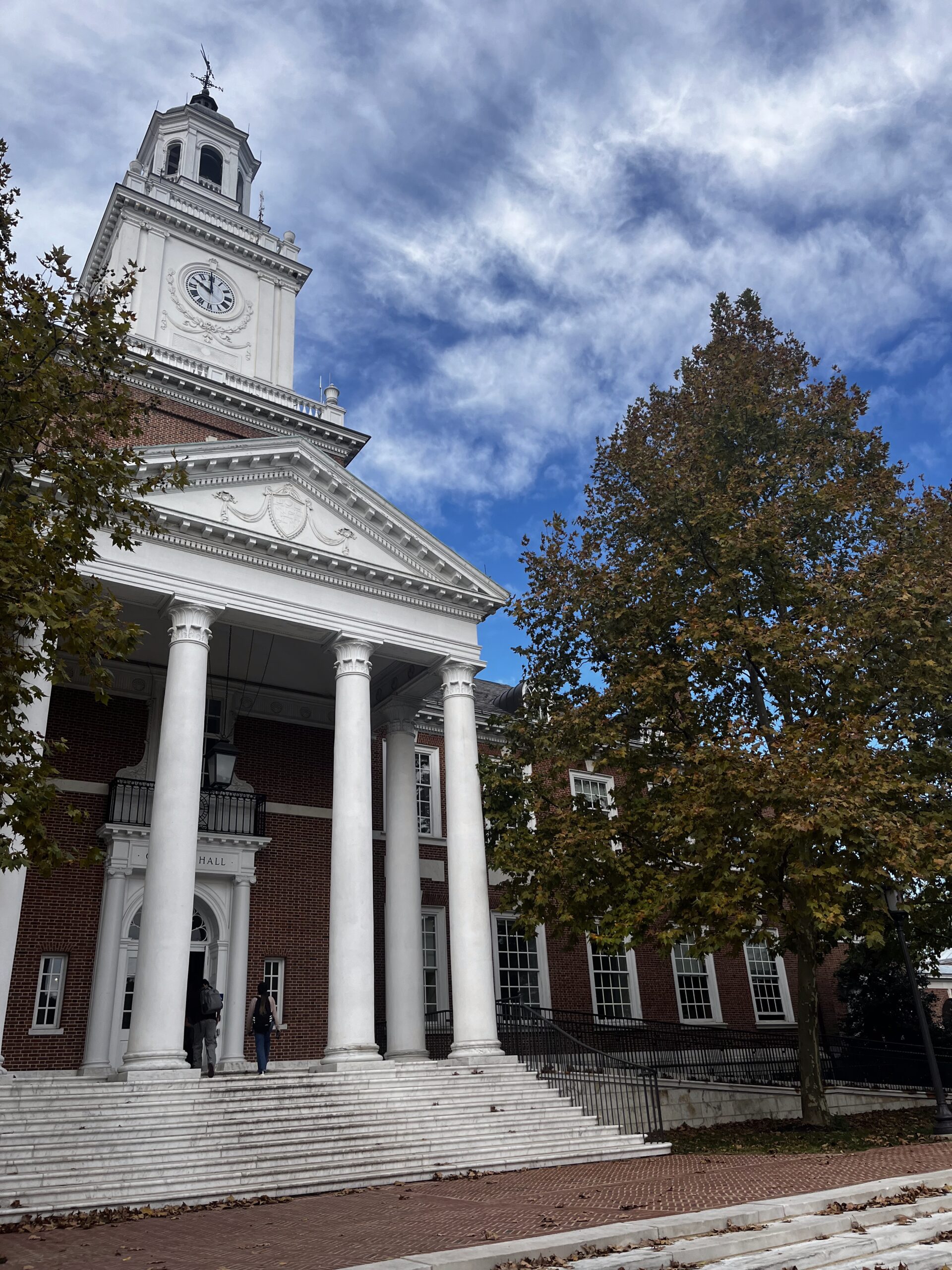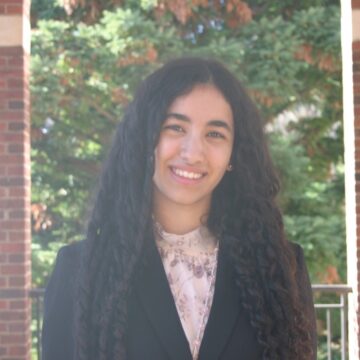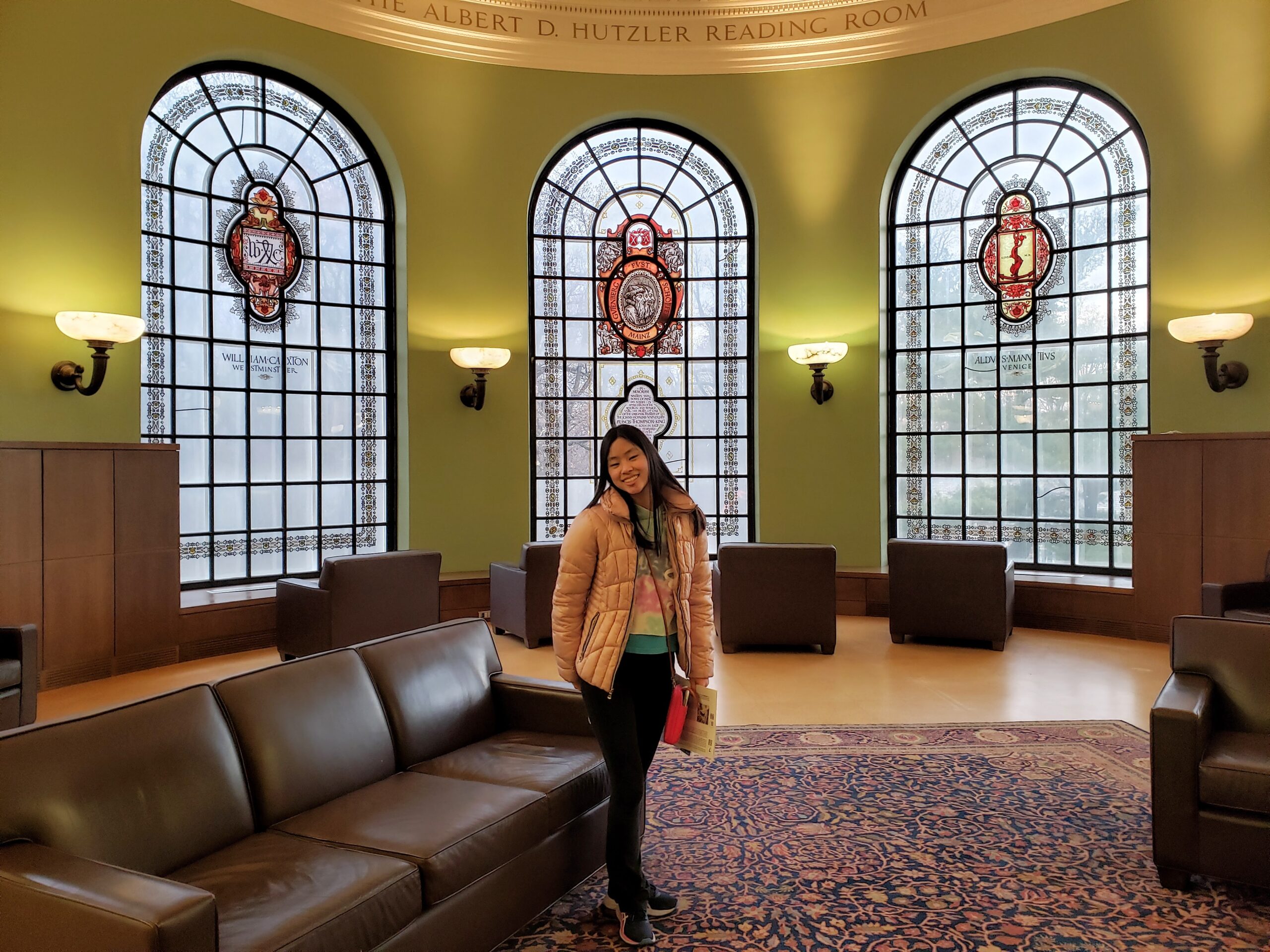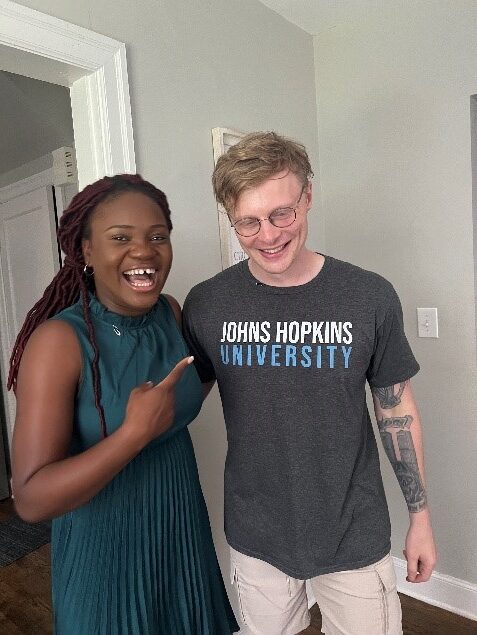
I am Dylan, a junior Army veteran, and I am majoring in applied mathematics and statistics. After high school, I joined the Army and served in the 82nd Airborne Division, deploying once to Africa. I was in the infantry, and my role was to be our squad’s radio operator. When I left the military, I had no clear plans for college—no good plans at all, to be honest (to any transitioning vets—please make plans). Instead, I took a job doing tree work with an Army friend.
I changed course after a chainsaw accident while cutting firewood where I nearly lost a finger, leaving me unable to work. With time on my hands, I reevaluated my choices and decided to enroll in a community college in Virginia. Coming from my homeschooled background, I felt completely unprepared for college, especially in mathematics (which is now my major!). I found unexpected success thanks in large part to the effort of the professors at my community college. As I looked for transfer opportunities, I stumbled upon Service to School, where I first heard about Johns Hopkins University. Service to School offers free admissions mentoring to veterans and service members to help us navigate the process. The challenge, reputation, and generous financial support made Hopkins my top choice.
I will always remember getting my acceptance letter—just after my Calculus II final. The excitement was overwhelming, but once it wore off, reality set in. Hopkins would be nothing like community college. The environment, the workload, and the atmosphere would all be different. Orientation brought back emotions I hadn’t felt since basic training—nervous excitement, anticipation, and that lingering doubt: Am I really cut out for this?

Before I arrived, the Office of Undergraduate Admissions had connected me with another veteran on campus. She showed me the campus, helped me settle in, and even took me to Target for essentials while I was moving into my apartment. The veteran community at Hopkins is small but growing, and I was lucky to land in a linear algebra class with another veteran during my first semester at Hopkins. Having someone who understood my background made a huge difference—we often looked to each other for support as we adjusted to transferring to Hopkins.
Going forward, I want to help grow the veteran community at Hopkins. I hope to start a club to connect current student veterans, as well as the incoming ones. To build a more robust community and integrate them into campus life early, preventing the isolation of just attending classes and going home. I have enjoyed my time on the Hopkins campus, which is small but full. The quick interactions you get with friends as you walk, the relationships you form with professors and TAs, and the plethora of sports clubs to try out make it feel personal while developing a strong sense of belonging. Even though there have been difficult times, I wouldn’t want to be anywhere else.
To any veterans considering Hopkins—you are more prepared than you think. The adaptability, discipline, and resilience you built in the military will serve you well here. The challenge is real, but so is the camaraderie. Hopkins is not beyond you.
